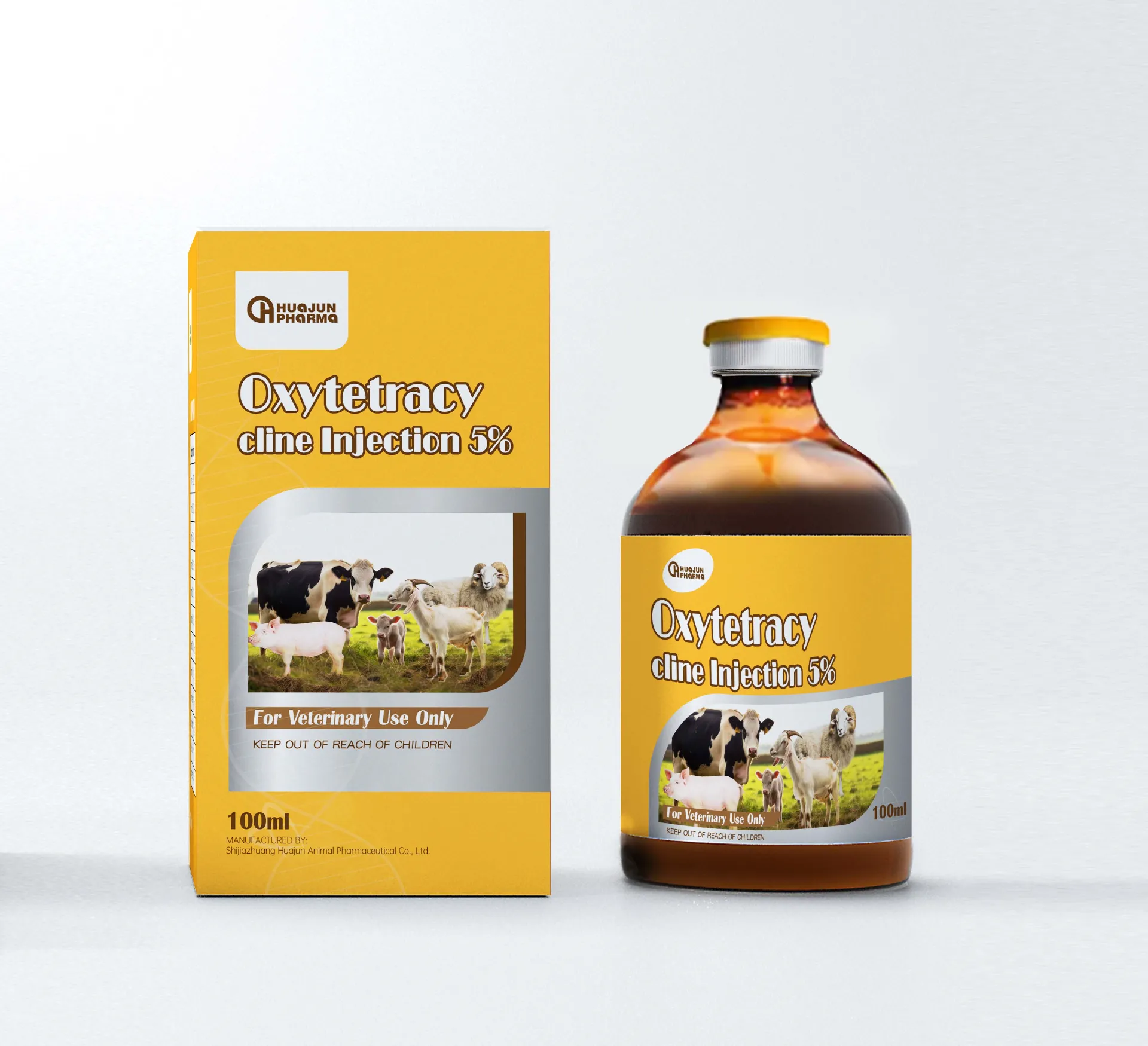
Nov . 17, 2024 08:43 Back to list
custom chicken coccidiosis
Understanding Custom Chicken Coccidiosis A Guide for Poultry Owners
Coccidiosis is a common and often devastating disease in chickens, caused by various species of protozoan parasites known as Eimeria. These parasites infect the intestinal tract of the birds, leading to a range of health issues that can significantly impact poultry operations. As a chicken owner or poultry farmer, understanding coccidiosis and implementing effective management strategies can help you maintain the health and productivity of your flock.
What is Coccidiosis?
Coccidiosis refers to the infection of the intestinal tract by coccidia, a type of microscopic parasite. The life cycle of Eimeria involves several stages, starting with the oocyst, which is the infective form that chickens ingest from contaminated food, water, or soil. Once ingested, the oocysts hatch in the intestine, releasing merozoites that invade the intestinal cells and reproduce. This invasion causes damage to the intestinal lining, leading to symptoms such as diarrhea, weight loss, and decreased feed efficiency.
Different species of Eimeria affect various parts of the chicken’s digestive system, with the most common ones being Eimeria tenella (affecting the ceca), Eimeria necatrix (affecting the small intestine), and Eimeria maxima (primarily affecting the upper intestine).
Symptoms of Coccidiosis
Chickens infected with coccidiosis may exhibit several clinical signs, including
- Diarrhea Often watery and may contain blood. - Weight Loss Due to poor nutrient absorption. - Lethargy Infected chickens may appear less active and withdrawn. - Reduced Feed Intake Chickens may eat less due to discomfort. - Pale Comb and Wattles Indicative of anemia or stress.
In severe cases, coccidiosis can lead to death, especially in young birds whose immune systems are still developing
.Prevention and Management
custom chicken coccidiosis

Preventing coccidiosis is far more effective than treating it after the fact. Here are some essential strategies for managing and preventing this disease in your flock
1. Good Hygiene Maintain a clean living environment by regularly cleaning and disinfecting coop and feeding areas. This helps reduce the buildup of oocysts in the environment.
2. Appropriate Density Avoid overcrowding your chickens, as higher density can facilitate the spread of the disease.
3. Balanced Nutrition Providing a well-balanced diet supports the immune system of your chickens, making them less susceptible to infections.
4. Regular Monitoring Keep an eye on the health of your flock and watch for signs of illness. Early detection is crucial for effective management.
5. Coccidiostats Consider using coccidiostats—medications added to feed to prevent the growth of coccidia. Consult a veterinarian to choose the best options for your flock.
6. Vaccination Some vaccines are available to help prevent coccidiosis. Discuss with a veterinarian whether this approach is suitable for your operation.
Conclusion
Custom management of chicken coccidiosis is vital for the health and productivity of poultry. By understanding the disease, recognizing its symptoms, and implementing effective prevention and management strategies, poultry owners can significantly reduce the risk of coccidiosis in their flocks. Regular consultation with a veterinarian can also provide tailored advice to enhance the overall health and performance of your chickens. Remember, a healthy flock is the foundation of a successful poultry operation, and proactive measures can go a long way in achieving that goal.
-
Premium Young Chicken - Leading Young Chicken Manufacturer & Supplier for Fresh Poultry Needs
NewsJul.08,2025
-
Enterococcus Faecalis Mold Remover – Powerful & Safe Solution from Trusted Manufacturer
NewsJul.08,2025
-
Premium Diarrhea Treatment Solutions Leading Diarrhea Factories & Suppliers
NewsJul.08,2025
-
High-Quality Blisters Manufacturer & Supplier Reliable Blisters Factory
NewsJul.07,2025
-
High-Quality Skeleton Development Services Leading Factory, Manufacturer & Supplier
NewsJul.07,2025
-
High-Quality Cockscomb Turns White Reliable Manufacturer & Supplier Factory
NewsJul.07,2025




